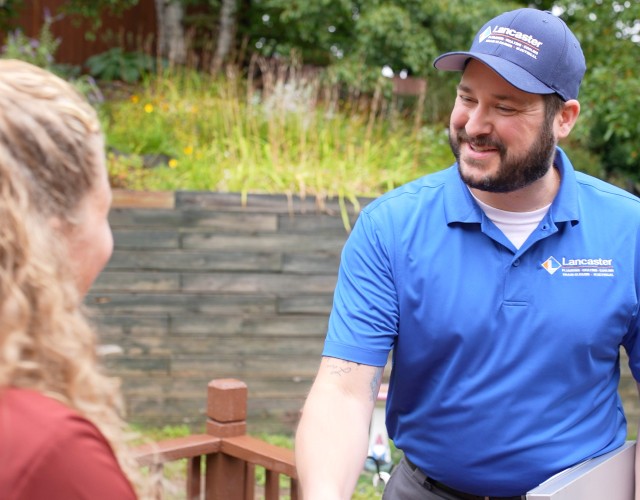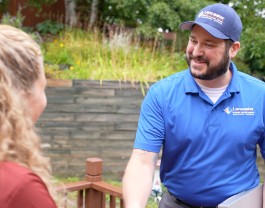Reduce The Spread Of Germs With HVAC Maintenance
Reduce Germs, Keep People Safe
One of the biggest concerns amid the COVID-19 pandemic, otherwise known as the coronavirus, is lowering the curve of estimated spread. Research currently suggests that proper HVAC system maintenance may help slow the spread of germs. How? By keeping your indoor air quality intact. A poorly kept HVAC network will trap bacteria, germs, dust, and other airborne contaminants, compromising your indoor air quality, as these components are distributed throughout your home with each blow of cool air.
Avoid spreading these contaminants by keeping your HVAC system well maintained! A clean HVAC network provides clean indoor air.
How Do HVAC Systems Impact The Spread?
There are a variety of ways to ensure your HVAC system is helping uphold good indoor air quality:
-
Maintain fresh air filters, changing them once a month!
-
Clean air ducts annually.
While measures such as these may not eliminate the risk of contracting the virus, utilizing air filters and maintaining indoor air quality through proper duct cleaning and filter installation adds additional protection against bacteria and other germs.
What HVAC Maintenance Should I Take Care of During The Outbreak?
Maintenance measures are important year-round, but right now, it is essential. Hire professional HVAC technicians to perform a complete, in-depth cleaning of your HVAC system. They will provide the TLC your heating and cooling network needs to reduce the spread of airborne contaminants and limit respiratory distress for vulnerable parties.
You should continuously enlist your neighborhood HVAC specialists to:
-
Perform regular air duct cleaning and dusting, which will reduce particles and contaminants from your air.
-
Replace any old air filters.
-
Install an air purification system, if you do not already have one in your home.
For your HVAC services, contact Lancaster Plumbing, Heating, Cooling & Electrical at (717) 207-8198. We are open for business! In response to COVID-19, our team is using one-time-use shoe covers and gloves, sanitizing our tools and equipment, cleaning and sanitizing our vehicles regularly, and are staying equipped with Clorox wipes, N-95 masks, and safety glasses.



